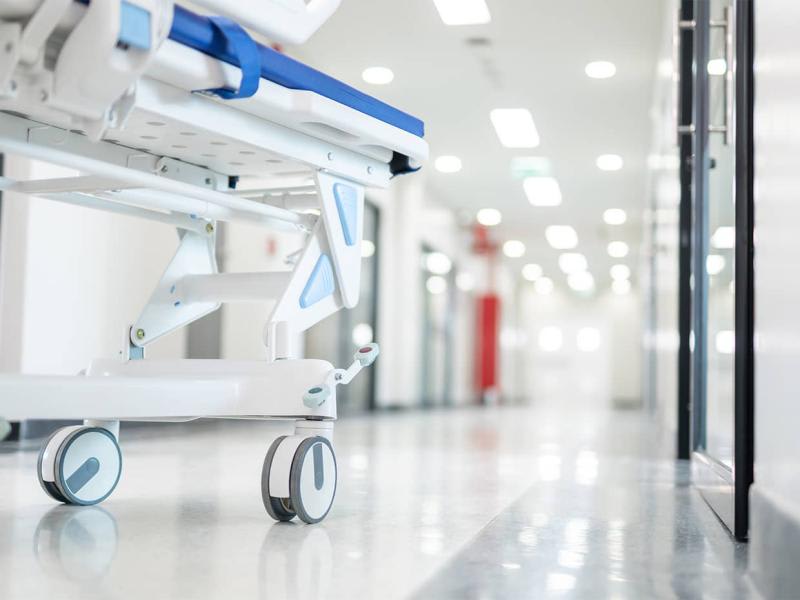The NSW Court of Appeal have just delivered a major judgement that will have significant repercussions for many businesses in the state – particularly for those in healthcare and other sectors with contractor arrangements.
In 2024, the NSW Government initiated legal proceedings against rideshare platform Uber Australia Pty Ltd, claiming the company was liable for payroll tax on amounts paid to its drivers.
While the NSW Supreme Court initially found in Uber’s favour, the NSW Court of Appeal has now overturned the decision. The landmark ruling has found Uber liable for approximately $81 million in payroll tax for payments to drivers from the 2015 to 2020 financial years.
The Court of Appeal determined that Uber’s relationship with its drivers falls within the definition of “relevant contracts” under the NSW Payroll Tax Act 2007 (the Act). This means Uber drivers supplied services:
- directly to Uber, not only to riders
- "for or in relation to the performance of work" under these contracts
- that generated a financial benefit for Uber
The Court rejected Uber’s argument that it was merely an intermediary or payment agent that passed rider payments to drivers. It also dismissed Uber’s claim that driving services were secondary to the use of drivers’ vehicles, which would have made the payments exempt under the Act.
Instead, the Court looked beyond the contract’s wording to focus on what really happens in practice. This included the business relationship and how it operates in reality, rather than the labels used.
It decided that amounts paid by Uber to drivers constituted taxable wages under section 35 of the Act, as they were directly connected to the drivers’ work – despite contracts characterising them in a different way. 
In reaching their decision, the judges relied on previous rulings on the relevant contract rules from Thomas and Naaz Pty Ltd v Chief Commissioner of State Revenue [2023] NSWCA 40 and Commissioner of State Revenue v Optical Superstores Pty Ltd [2019] VSCA 197, in which health services were held liable for payroll tax on payments made to doctors under service fee arrangements.
This ruling sets a serious precedent, and unless overturned by an appeal to the High Court, will have significant ripple effects. Whether one argues that tax legislation no longer reflects modern work arrangements, it is the current legal framework that businesses and courts must still follow.
As other states and territories with similar payroll tax laws stand poised to send Uber their bills, increased scrutiny of gig economy platforms and contractor arrangements all round appear inevitable.
Medical practices and others in healthcare that use contractor-style agreements with doctors, which have typically not attracted payroll tax, will need to take note of this ruling. It adds further precedent to the recent changes in how the payroll tax rules apply to medical and healthcare practices.
Careful consideration and planning are required to ensure you are fully aware of your payroll tax obligations going forward.
For a confidential discussion on how this ruling may affect your medical practice, contact Peter Nicol on 02 6057 3000.
Curious for more? This article is one chapter in a series— head over to Part 2 and Part 3 to continue the journey.





